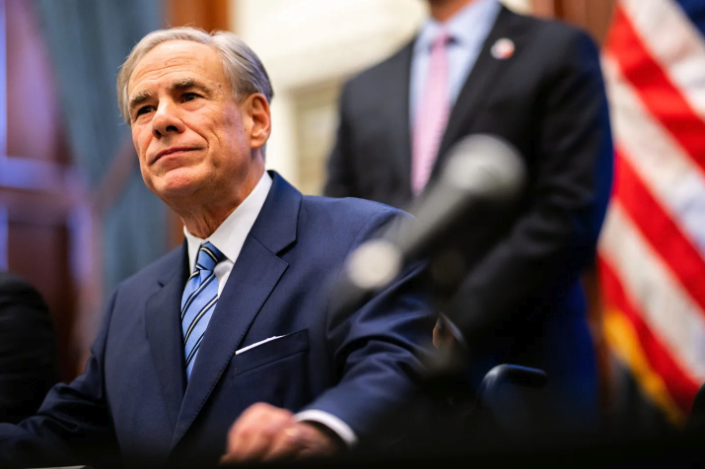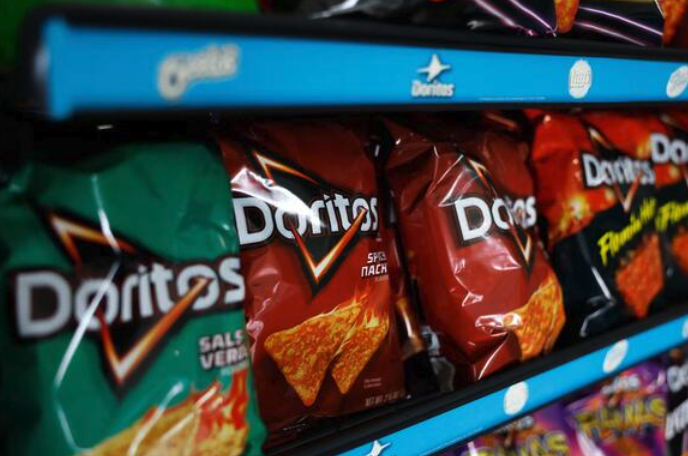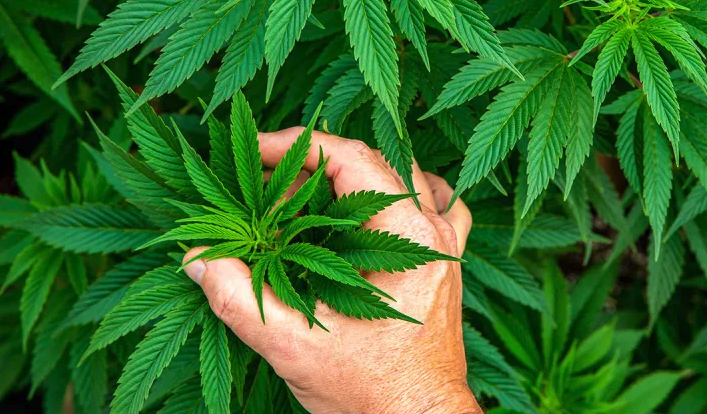Texas Gov. Abbott to decide on bill mandating ‘WARNING’ labels for food products containing any of 44 ingredients banned in other countries

Texas Governor Greg Abbott faces a critical decision. A new bill could transform food labeling in the state.
Senate Bill 25, passed unanimously by the Texas state senate on June 1, 2025, mandates warning labels on food products containing ingredients banned in other countries.
The legislation has sparked a heated debate. Health advocates praise it as a step toward transparency. The food industry warns of economic fallout and consumer confusion.
Bill Passes Texas Legislature, Awaits Governor’s Signature
On June 1, 2025, the Texas state senate unanimously passed Senate Bill 25.
The bill, which also promotes nutrition education in schools, now awaits Governor Greg Abbott’s approval.
If signed into law, it would take effect in 2027. As of June 7, 2025, Abbott has not publicly stated his position.
His press secretary, Andrew Mahaleris, told that the governor will “thoughtfully review any legislation” sent to his desk.
The bill’s bipartisan support highlights its broad appeal, but its fate remains uncertain.

What the Bill Requires: Warning Labels for Specific Ingredients
Senate Bill 25 targets food products containing any of 44 ingredients banned or restricted in countries like Australia, Canada, the European Union, or the United Kingdom.
These ingredients are legal in the U.S. but raise health concerns abroad.
The bill requires a warning label stating: “WARNING: This product contains an ingredient that is not recommended for human consumption by the appropriate authority in Australia, Canada, the European Union, or the United Kingdom.”
This label would appear on packaging for snacks, drinks, and other processed foods sold in Texas.
List of Ingredients Targeted by the Bill
The bill identifies 44 ingredients that trigger the warning label requirement. These include:
Synthetic food dyes: Red 40, Yellow 5, Yellow 6, Blue 1, Blue 2, Green 3, Citrus Red 2
Chemical additives: Butylated hydroxyanisole (BHA), butylated hydroxytoluene (BHT), azodicarbonamide (ADA), potassium bromate
Other substances: Titanium dioxide, bleached flour, partially hydrogenated oils, diacetyl, propylparaben
These ingredients are found in popular products like Doritos, Mountain Dew, M&Ms, Skittles, Froot Loops, Pop-Tarts, and some processed meats.
Research links some of these to health issues, such as hyperactivity in children or potential carcinogenic effects.
For example, the EU has banned titanium dioxide due to concerns about its safety, while Red 40 and Yellow 5 face restrictions in several countries.
| Ingredient | Use in Food | Health Concerns | Countries with Bans |
|---|---|---|---|
| Red 40 | Food coloring in snacks, drinks | Hyperactivity, potential allergen | EU, UK (requires warning) |
| Titanium Dioxide | Whitening agent in candies, baked goods | Possible carcinogen | EU |
| BHA/BHT | Preservatives in snacks, cereals | Potential carcinogen | Japan, EU (restricted) |
| Potassium Bromate | Flour enhancer in breads | Linked to cancer in animal studies | EU, Canada, UK |
| Partially Hydrogenated Oils | Used in processed foods | Linked to heart disease | Canada, EU |
Reactions from Food Industry and Public
The bill has sparked polarized reactions. Major food companies, including Walmart, Coca-Cola, Pepsi, KraftHeinz, and Hormel, have voiced strong opposition.
In an open letter, they argued that the bill “casts an incredibly wide net,” triggering warning labels on everyday grocery items.
They claim it could destabilize local economies and limit food access during economic uncertainty.
John Hewitt of the Consumer Brands Association criticized the bill’s “inaccurate warning language,” warning of legal risks and higher costs for brands.
Public health advocates, however, see the bill as a victory for transparency.
They argue it empowers consumers to make informed choices. Rep. Lacey Hull, a key supporter, told that the bill aligns with growing concerns about food safety.
Public reactions vary. Some Texans, as reported by KHOU, dismiss the labels with humor, with one saying, “We don’t eat the labels. So stick them wherever.”
Others support the bill, citing stricter regulations in other countries as a model.
Potential Impact on Consumers and Manufacturers
If signed into law, Senate Bill 25 could reshape the food industry in Texas.
Consumers may become more aware of ingredients in their food, potentially shifting demand toward products without banned additives.
Manufacturers face a choice: reformulate products to remove listed ingredients or add warning labels.
Both options could be costly. Reformulation requires research and development, while labeling increases production expenses.
The bill includes exemptions for:
- Products not intended for human consumption
- Food prepared or sold in restaurants
- Drugs and dietary supplements
- Agricultural products with pesticides
These exemptions narrow the bill’s scope but still affect a wide range of packaged foods.
Critics argue that the broad labeling requirement could confuse consumers and unfairly target safe products.
Supporters counter that it promotes accountability and healthier eating habits.

Federal and International Context
The Texas bill aligns with broader food safety trends. The U.S. Food and Drug Administration (FDA) plans to phase out petroleum-based synthetic dyes by the end of 2026.
This federal move addresses some of the same concerns as Senate Bill 25, particularly around artificial dyes like Red 40 and Yellow 5.
However, the FDA’s authority supersedes state regulations, which could complicate implementation if the bill becomes law.
Internationally, countries like Australia, Canada, the EU, and the UK have stricter rules on food additives.
For example, the EU bans titanium dioxide and restricts BHA and BHT, citing health risks.
These global standards have inspired the Texas legislation, which seeks to align state practices with international norms.
RFK Jr.’s Support and FDA Plans
Secretary of Health and Human Services Robert F. Kennedy Jr. has emerged as a vocal supporter of the bill.
He told Rep. Lacey Hull that it aligns with his “Make America Healthy Again” initiative, which focuses on reducing harmful additives in food.
Kennedy’s announcement that the FDA will phase out artificial dyes by 2026 complements the bill’s goals.
His involvement has elevated the debate, framing it as part of a national push for healthier food systems.
A Decision with Nationwide Implications
Governor Abbott’s decision will have far-reaching consequences. If signed, Senate Bill 25 could make Texas a leader in food labeling reform.
It may inspire other states to adopt similar measures, amplifying consumer awareness nationwide.
However, opposition from the food industry highlights the challenges of balancing health, economics, and consumer choice.
The bill reflects a growing demand for transparency in food production.
As Abbott weighs his options, the debate underscores a broader question: how far should governments go to protect public health?
The answer could reshape grocery shelves in Texas and beyond.














